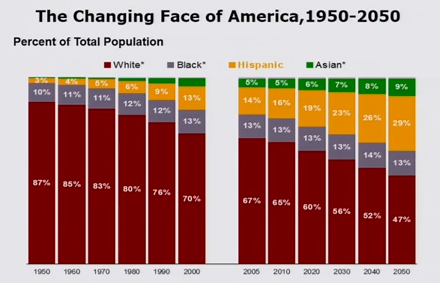Cross-posted at The Ethical Adman.
So it turns out there’s this company that makes “zombie” targets for gun enthusiasts. They have clown zombies, nazi zombies, “terrorist” zombies, dog zombies and even a green zombie named “Rocky” that has Barack Obama’s ears.
And one woman.

Here’s their explanation:
The Zombie virus does not discriminate and neither does Zombie Industries. We take preparation for the Zombie Apocalypse seriously, which is why we strive to have all groups of undead monsters represented in our product selection. In addition to the Ex Girlfriend Zombie, we currently sell 15 male zombies, 5 animal zombies & 2 aliens… to discriminate against Women by not having them represented in our product selection would be just plain sexist.
Each of the zombie targets has a story. Here is the story of “The Ex”:
Be warned, hell hath no fury like a woman scorned but a man scorned is nothing to mess with! A young gent from Louisiana, we’ll call him André to protect his identity, was deeply committed to his one true love and her to him, or so he thought. While partying with her friends during one particular Mardi Gras, she took several suitors over the course of the festivities. André felt something odd indeed, so he paid a visit to his great aunt, Marie, who helped him see the truth. With a few eggs, candles lit and kiss upon his forehead, her voodoo curse was set in motion. Late each night while lying in bed, a smile would appear across his face, for a slight breeze would travel through a cracked window bringing with it, a faint whiff of decay and a unnatural cry of regret.
That’s right. In this narrative, a man kills a woman for cheating on him, and has her turned into a zombie. Which you, bro, are now invited to blow to bits.

Despite the game-like zombie theme, it is notable that the single human female representation has been created specifically as a target of violent male anger towards a woman’s ownership of her own sexuality. And “The Ex” is portrayed in a highly sexual way, with what seems to be a bare lower torso and busting out chest.
Policymic writes, “Every day, at least three women are killed by an intimate partner in the US alone. Let’s make sure those numbers go down, not up. Let’s make sure companies like Zombies Industries know that we’re not buying it.”
Some people, however, are buying it. And this is what’s most troubling.
From the product reviews:
This Zombie Bitch is awesome, reminds me of a girl I knew in High School, My LMT LM308MWS should put a stop to the undead bring them on !!! Later Party till you drop Corvette forever !!!!!
And:
I love that this target looks like Britney Spears and it bleeds when I shot it.
And from YouTube:
Tom Megginson is a Creative Director at Acart Communications, a Canadian Social Issues Marketing agency. He is a specialist in social marketing, cause marketing, and corporate social responsibility. You can follow Tom at workthatmatters.blogspot.com.









